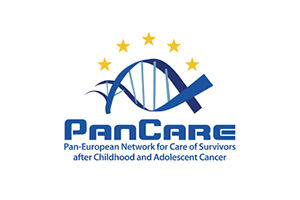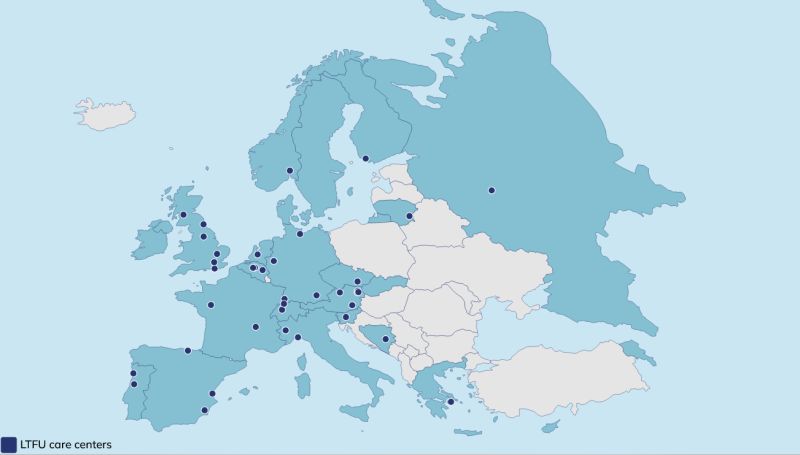In this interview, we meet project manager Jeroen te Dorsthorst from PanCare.


Why did you join PanCareSurPass?
As a project manager at PanCare I am involved in the various projects PanCare is involved in. Within PanCareSurPass I focus on communication and dissemination of the project and how we can inform every healthcare professional and survivor in Europe about the importance of the Survivorship Passport.
Explain your organization and your role in PanCareSurPass.
PanCare is a multidisciplinary pan-European network of healthcare professionals, researchers, survivors and their families. Our mission is to ensure that every European childhood cancer survivor has equal access to optimal long-term follow-up care. We hope to reach this mission by:
– Empowerment of childhood cancer survivors
– Conducting research on late effects and long-term follow-up care
– Development and support of implementation of guidelines
– Maintain a network of healthcare professionals, researchers and survivors and their families
– Develop methods to achieve equal access to long-term follow-up care
– Optimal collaboration between European partners
– Spread knowledge and awareness about childhood cancer survival.In this project the main focus of PanCare will be on communication and dissemination of the project and its results. Communication is important to spread the knowledge about the surpass to other healthcare professionals so they know it is out there and how they can benefit from it as well as for survivors who can already be more empowered by being informed about what is available to fulfil their needs for long-term follow-up care.
Why do you think PanCareSurPass is an important project?
PanCare has been involved in the development of the survivorship passport and related long-term follow-care since the early days. The SurPass will empower survivors to be educated about the importance for long-term follow-up care and to manage their own care process with their own personalized care plan.
With all developments in the digital world, I believe that a digital version of the surpass will help survivors and healthcare professionals to get digital access to the treatment history and personalized care plan and to implement it more widely. The development of a prediction model will help spread the SurPass across Europe and this way will also contribute to more equal access to optimal long-term follow-up care for survivors across European countries.
What makes this project unique for you?
This project brings together people with a lot of backgrounds, not only healthcare professionals and survivors are involved but also IT experts, it is very interesting to learn from all these different people bringing their own expertise and experiences.
What do you hope this project will achieve?
I hope this project will help the implementation of the SurPass in the participating countries and the rest of Europe and with this empower survivors to manage their own care process and give all survivors in Europe access to optimal long-term follow-up care regardless of their current location in Europe now and in the past.
What’s the biggest challenge for your organization in PanCareSurPass?
This project can be quite technical, especially when talking about the IT related side of the project. To communicate these topics in an understandable and appealing way can be a challenge in this project.
What’s the most fun thing for you in PanCareSurPass?
Learning from all the different situations in organization of care in Europe is very interesting and gives lot of inspiration to bring this further into the work of PanCare and really go for optimal access to care for every European survivor.
What’s the most important benefit of your participation in PanCareSurPass?
With this project PanCare can further build on the European network of professionals and childhood cancer survivors and their families. Spreading the information and collaboration is important to develop and improve long-term follow-care further and make sure European survivors all receive optimal care.
What else do we need to know about your organization or is there anything else you want to share?
Visit us at www.pancare.eu to find out more about our activities and how you can contribute to access to optimal long-term follow-up care for every European childhood cancer survivor.






